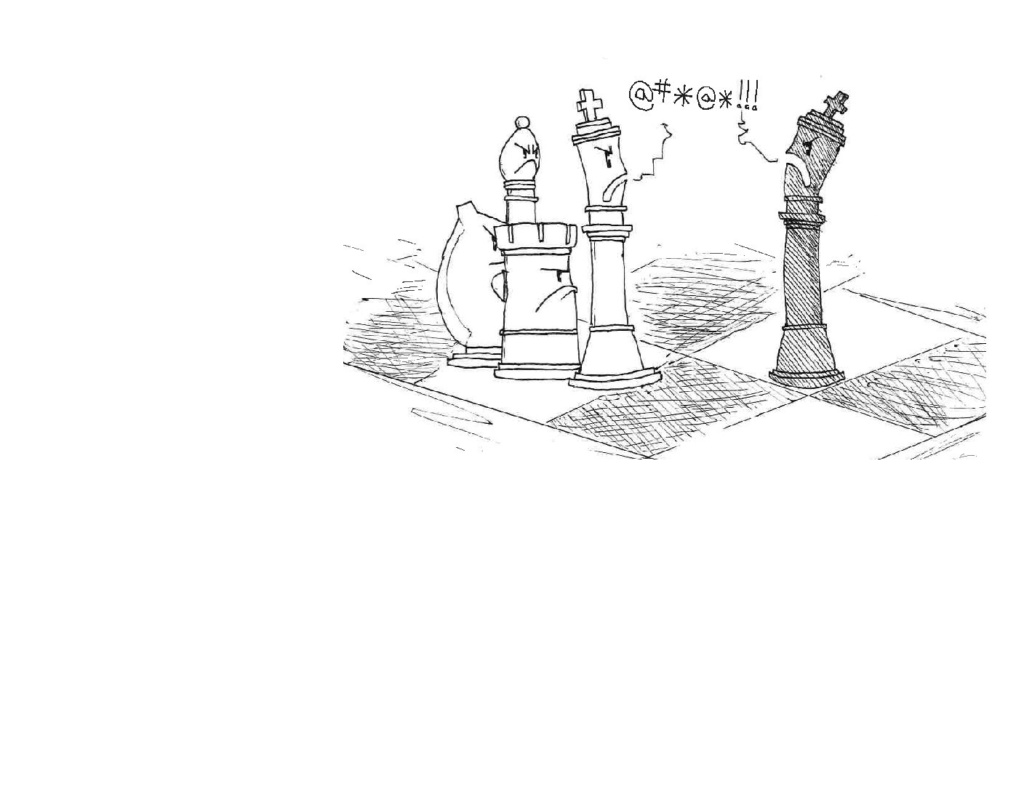People have biases. That is a universal fact considering humans are programmed to pattern their ideas and judgments according to their social surroundings. Common examples include everything from simple preferences in food or clothing to more drastic biases in respect toward political preferences. There also exist biases against individuals or groups of individuals. People categorize and judge others according to biases instilled in them. Specific views arise for specific people. It perpetuates a variety of harmful biases about individuals. This form of bias, which has historically caused conflict due to instilled judgments, is known as racism.
Race is a social construct used to conveniently categorize people according to their physical appearance. People associate ideas with one another according to physical features. This leads to racial stereotyping, an obvious and explicit form of racism. Yet, when the issue of racism comes up, there are many who advocate for themselves and claim impartiality. They argue that they do not see color. It seems ironic that the very problem of racial bias lies in their denial— these same individuals acknowledge a difference in relation to an individual’s skin color. In doing so, they are categorizing people innately by denying their own racist notions.
Racism exists in everyone, just as harmless biases do, since racism is just another form of bias. People ascribe to specific characteristics because of the way they look and may make snap judgments about other individuals based on appearances. This idea applies to blacks, Asians, Latinx and other racial minorities in respect to judgments made based on their skin color and physical traits. Those who fall outside of the realm of stereotypes are deemed anomalies. These judgments are held even by those who deem themselves as the utmost impartial since the concept of impartiality stems from an awareness of inclinations and biases. Thus, in contemporary America, everyone is racist in ascribing certain views toward people according to certain physical traits. Even if one argues they aren’t, they still acknowledge the role that stereotypes play in our society in recognizing racism as a prevalent concept. Accordingly, these same people are influenced by this awareness so that it does create an impact — even if one thinks that it does not.
Occurrences of subconscious systemic racism happen daily. Recently, a co-worker of mine asked me whether English was my second language, despite my employment as a tutor at the University Writing Center and impressive GPA as an English major. The reasoning for my colleague’s assumption is simple: I look Asian, and I have what may be deemed an Asian name. Had I been or even looked of Anglo-Saxon or Caucasian descent, this question wouldn’t have been asked, as the assumption that English isn’t my first language was due to my skin color and physical appearance. My skills as an English speaker and writer were questioned based on my appearance and name.
This form of stereotyping is an example of a larger issue that plagues American society. Escaping it is nearly impossible. My coworker’s remark was not intended to be barbed nor harmful. Nonetheless, it proved to be an extremely ignorant form of stereotyping based on my appearance, depicting the issue at large. Hopefully, there will come a day when people can end their partial judgments, understand the ubiquity of racism, work to better solve the problem and create a foundation for true diversity in the fight against bigotry.


